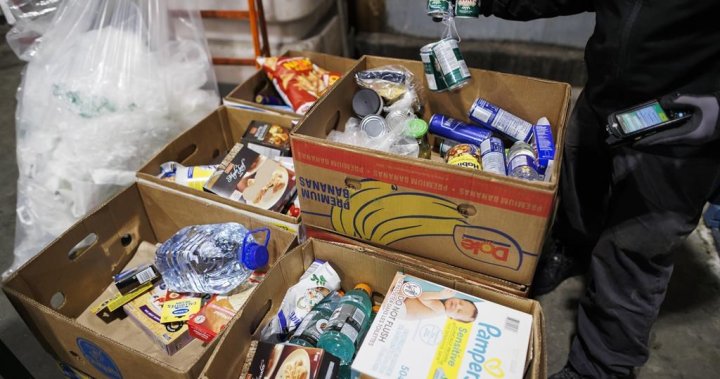In Saskatchewan, the price of food and non-alcoholic beverages increased by 0.7 per cent in 2023 due to the carbon tax. University of Calgary economics professor Trevor Tombe used modelling data from a Statistics Canada database to analyze how the carbon tax impacted the province’s economy. The tax raises the price of fuel and gasoline, which then affects other goods through the supply chain, including food. Tombe explained that the increased cost of manufacturing food items, which are energy-intensive, also contributes to the rise in food prices. While there isn’t a direct link between the carbon tax and food prices, the tax affects the things surrounding food production and distribution.
The data gathered by Tombe assumes that the added costs due to the carbon tax are fully passed on to the consumer. Associate professor of economics at the University of Regina, Jason Childs, noted that ultimately, consumers are the ones who will bear the cost of the carbon tax. Whether through higher grocery prices or lower returns on investments, Canadians will be paying for the tax in one way or another. Statistics Canada officials stated that the Federal Carbon Levy implemented in Saskatchewan in April 2019 has led to a 26.6 per cent increase in food prices in February 2024 compared to April 2019, and a 24.7 per cent increase compared to February 2019.
Locally owned Steep Hill Food Co-Operative in Saskatoon has not seen significant impacts on food prices due to the carbon tax. Manager Amielle Christopherson mentioned that there has been a slight increase in shipping and production costs, which they have adjusted for by slightly increasing prices. While the increase has not been shocking or detrimental to the entire store’s pricing structure, the carbon tax has still caused some adjustments in the food industry. The indirect effects of the tax on energy-intensive goods and manufacturing processes are what contribute to the overall increase in food prices in the province.
The carbon tax has implications beyond just food prices, affecting various aspects of the economy and consumer spending. Tombe and Childs emphasized that consumers will ultimately bear the cost of the tax, whether through increased grocery prices or other indirect means. While the impact on food prices may not be drastic for all businesses, there are adjustments being made in response to the higher costs associated with the tax. As the tax continues to influence prices and consumer behavior, it is essential for businesses to adapt and find ways to mitigate the financial burden on consumers while remaining profitable.
Despite the slight increase in food prices in Saskatchewan, some businesses have not been significantly impacted by the carbon tax. It is essential for businesses to monitor and adjust prices accordingly to accommodate for the additional costs associated with the tax. Understanding the indirect effects of the tax on various industries, including food production and manufacturing, can help businesses make informed decisions and remain competitive in the market. As the carbon tax continues to shape the economic landscape in Saskatchewan, it is crucial for businesses and consumers alike to navigate the changes and find ways to thrive in a carbon-constrained environment.


